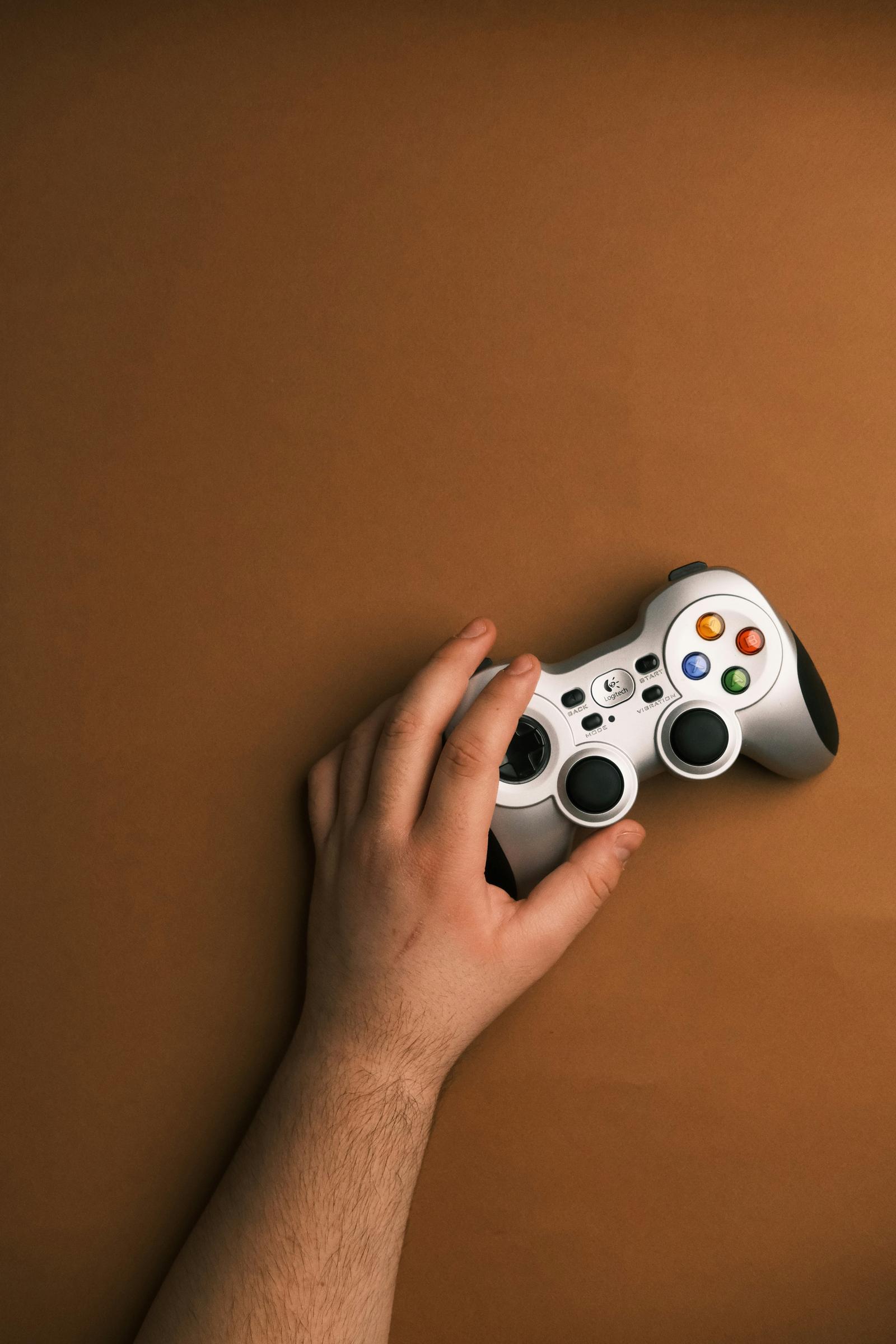Digital Gaming & Teens

Finding the Right Balance
While gaming can be a fun, social and creative outlet, research shows that when it becomes excessive or unbalanced, it can take a toll on young people’s development, health and relationships. Studies have found that adolescents who spend long periods gaming, especially late at night, are more likely to experience poor sleep, daytime fatigue, irritability and difficulty concentrating.
A 2019 longitudinal study published in the Journal of Youth and Adolescence found that problematic gaming behaviours in teens were associated with increased symptoms of anxiety, depression and social withdrawal over time. This doesn’t mean all gaming is bad, but when it starts to become a way of avoiding challenges or disconnecting from real life, it can affect mental health and wellbeing.
What makes this tricky is that many games are deliberately designed to keep players hooked. Features like reward systems, streaks and social rankings make it hard to stop playing, especially for teens, whose brains are still developing self-regulation skills. As gaming crowds out other important activities like homework, hobbies, family time and exercise, teens can lose motivation and connection with the world around them.
The Australian Government recommends that children and young people aged 5 to 17 have no more than two hours of recreational screen time per day. Many teens far exceed this, particularly when gaming happens before, during and after school.
Where can families get support?
If your child’s gaming is beginning to affect their sleep, school or social life, know that you're not alone and there is support available. The Wantirna College Wellbeing Team can meet one-on-one with your teen, help problem-solve and provide referrals if needed.
Tips for Talking About Gaming with Your Teen
Changing gaming habits isn’t just about rules, it’s about relationships. Here are some tips to start a positive and respectful conversation:
Be curious, not critical - Ask your teen what they enjoy about gaming. Is it relaxing, social, competitive or a way to escape stress? Their answers may surprise you.
Gently share your concerns - Try saying, “I’ve noticed you’re often tired in the mornings,” or “It seems like you haven’t been hanging out with your friends as much lately.”
Problem-solve together - Ask, “What do you think would help you find a better balance?” Involving your teen in the plan increases their buy-in.
Set boundaries together - Agree on screen-free times, such as before bed or during school days, and conditions like finishing homework first.
Offer offline alternatives - Support your child to explore hobbies, sport, art or music. Teens are more likely to reduce screen time when they have something else that feels rewarding.
Lead by example - Teens notice our own tech habits too. Modelling balance at home sends a powerful message.
What is Wantirna College Doing?
At Wantirna College, we’re taking steps to support healthy digital habits at school and beyond. With School Council endorsement, starting from Term 3:
- Digital gaming will not permitted during school hours, including school breaks (recess and lunch).
- Laptops will not permitted to be used outside during recess and/or lunch. This measure is to avoid potential damage risk and digital safety issues.
Our Support for Students Who Game
We understand that digital gaming is a hobby many students enjoy and is used as a method to connect with peers. In continuing to support students in building social connections, the college provides a range of activities and structured programs for students to engage in.
We’re expanding lunchtime activities and clubs, so students have engaging alternatives away from screens.
· Various fun Lunchtime Clubs (12 in total) run Monday to Friday, from 1.10pm – 1.40pm, in and around the school.
· A range of fun and low stakes activities and games can be accessed in Mason House and Library.
· Counselling support for students showing signs of gaming dependency or social withdrawal.
· Small group sessions will be provided for identified students who need additional support in establishing friends and improving communication and social skills.
· Home group competitions
· Breakfast club before school every Tuesday and Thursday in K1
· The Wellbeing Team will also be launching preventative workshops in Term 3, where students will learn how gaming affects the brain, sleep, learning and emotions, and discover practical tools for managing digital habits in a healthy way.
Need Support? We’re Here to Help
Navigating gaming and screen time is a challenge many families face. Our Wellbeing Team is here to listen, offer support and work alongside you and your teen to create positive change.
Please don’t hesitate to get in touch.
Student Wellbeing Team
